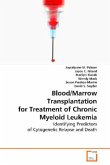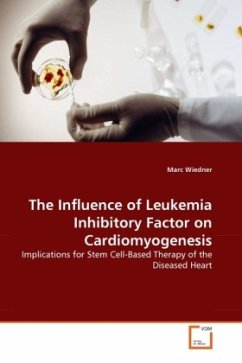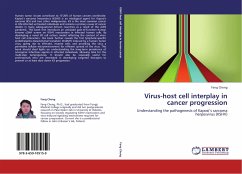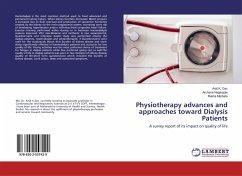Differentiation blocks are hallmarks of leukemia
and represent the inability of these cells to
develop normally. Therefore, understanding how
blood normally differentiates is critical to
understanding leukemia. HoxA10 represses lineage-
specific genes in undifferentiated cells, and that
during differentiation HoxA10 was phosphorylated
within its homeodomain. These differentiation-state
specific phosphorylations reversed HoxA10 gene
repression and allowed for further differentiation.
The SHP2 phosphatase maintains the dephosphorylation
state of these residues in undifferentiating cells
and leukemia-associated SHP2 mutations increase
HoxA10 repression in both undifferentiated and
differentiated cells, leading to differentiation
block. Furthermore, HoxA10 phosphorylation state, as
regulated by SHP2, influences leukemia progression
and provides evidence of a two-hit model of
leukemogenesis in mouse experiments. This research
highlights how science can be used to understand the
fundamental molecular mechanisms involved in human
disease to develop treatments to improve the quality
of life for patients suffering from various cancers.
and represent the inability of these cells to
develop normally. Therefore, understanding how
blood normally differentiates is critical to
understanding leukemia. HoxA10 represses lineage-
specific genes in undifferentiated cells, and that
during differentiation HoxA10 was phosphorylated
within its homeodomain. These differentiation-state
specific phosphorylations reversed HoxA10 gene
repression and allowed for further differentiation.
The SHP2 phosphatase maintains the dephosphorylation
state of these residues in undifferentiating cells
and leukemia-associated SHP2 mutations increase
HoxA10 repression in both undifferentiated and
differentiated cells, leading to differentiation
block. Furthermore, HoxA10 phosphorylation state, as
regulated by SHP2, influences leukemia progression
and provides evidence of a two-hit model of
leukemogenesis in mouse experiments. This research
highlights how science can be used to understand the
fundamental molecular mechanisms involved in human
disease to develop treatments to improve the quality
of life for patients suffering from various cancers.








